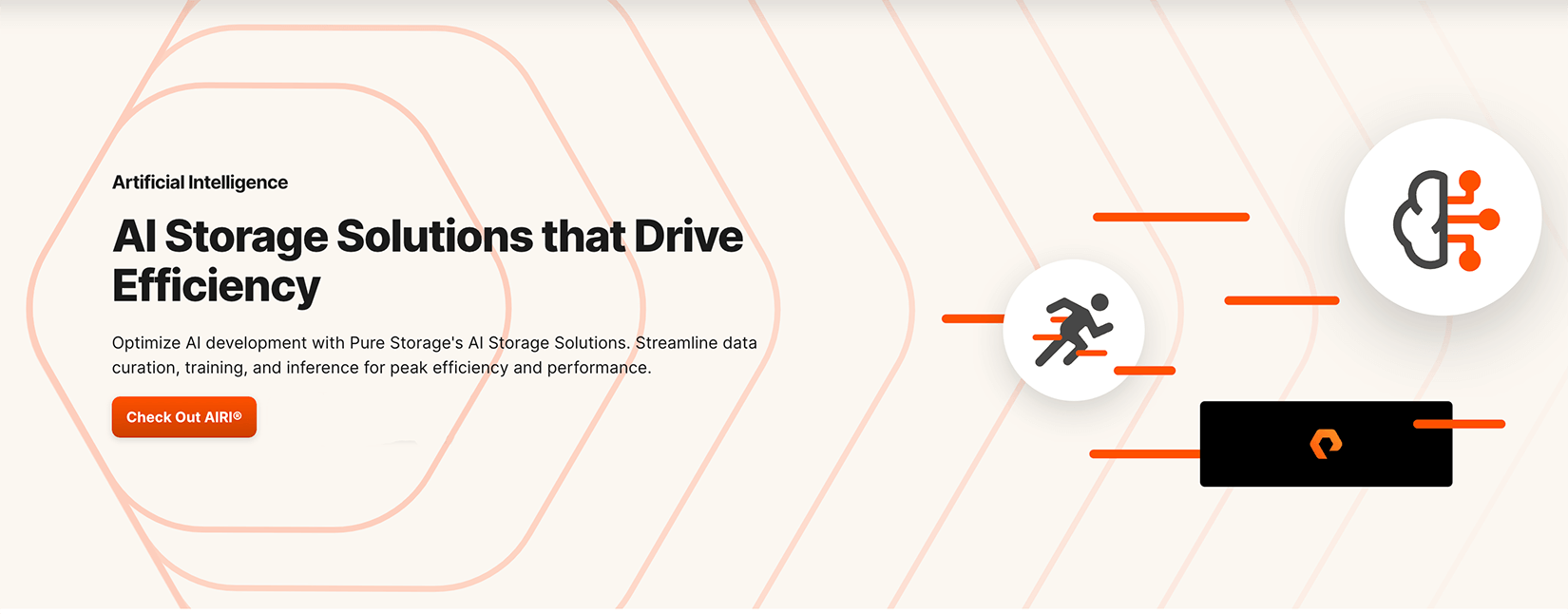Summary
AI is making waves in almost all aspects of modern life; financial services is no exception. Learn how AI is revolutionizing customer experience and retention, credit approval, fraud detection, and more.
There has been a great deal of interest in artificial intelligence (AI) for financial services recently—and for good reason. Abundant compute and storage resources, flexible development protocols and tools, and varied and abundant data promise to usher in a golden age of AI. At the same time, the recent explosion in generative AI capabilities, still in its earliest stages of adoption, is showing the potential to drive productivity across the industry. In fact, a recent analysis from Accenture found that banks are more likely to benefit from gen AI than any other industry with a potential productivity lift of 22%-30%.
Forbes Fintech 50 2024 list features a number of AI-based financial startups leading the charge this year. Netherlands-based DataSnipper leverages AI to streamline expense reporting for accounting teams at big firms like PwC and Ernst & Young. Cyber insurance provider Coalition made the list, as did At-Bay, which leverages automation to quickly generate quotes and offers policyholders a vulnerability monitoring tool.
Another sign of the AI boom? In February 2024, AI chipmaker Nvidia’s market cap topped $1.83 trillion, surpassing Alphabet and Amazon.
Here are four areas that are particularly well suited to AI adoption in financial services: algorithmic trading, fraud detection, credit approval and insurance underwriting, and customer experience.
Algo Trading
The simple-to-define but difficult-to-achieve goal of algo trading is to capture portfolio returns that beat the market. It’s no surprise that organizations are leveraging cutting-edge technology like AI to help maximize results. To do so, traders often turn to new, alternative data sources as inputs. Finding ways to unlock the value of this new data, as well as overcoming challenges of integrating with existing data, is a big focus. In many respects, AI is fast becoming table stakes for algo and quant trading. Organizations that don’t embrace it face the prospect of diminishing returns.
Fraud Detection
Fraud detection has become more challenging as both the volume of data and the sophistication of bad actors have dramatically increased. Traditional methods generate too many false positives, overwhelming fraud teams, annoying customers, and generating little new insight. Deploying AI can assist in both cases, making teams more productive and revealing the tactics of increasingly sophisticated fraudsters. On the other side of the coin, bad actors are making use of AI themselves, generating text, audio, and video that can fool both the victims and potentially the programs designed to prevent fraud. In this arms race, efficient and agile AI is a necessity.

Credit Approval and Insurance Underwriting
In today’s app-driven world, consumers expect instant or near-instant action. Fintech disruptors deliver a level of service that is far more responsive than what incumbents have traditionally provided. AI can help meet this need for rapid response, allowing brokers to be more efficient and quote faster. It can also help drive insights organizations can use to create new features or products their consumers want. Successful adopters of AI are finding that they can reduce risk and loss while generating new revenue sources and competitive advantages.
Customer Experience and Retention
Like rapid credit decisions, consumers also expect lightning-quick service. And they’ll abandon their shopping cart if these expectations aren’t met. Loyalty is hard-won and easily lost. A focus on customer experience is essential. AI can provide insights on what customers want, as well as help support customer service teams with advanced tools. Further analysis can help reveal the best actions to take next and the right products and services to propel business forward.
Making the Most of AI in Financial Services
The adoption and maturation of AI is leading to dramatic changes and successful applications in many industries, particularly financial services. While these four areas are leading the way, the possibilities are endless.
In our white paper, “Shaping the Future: AI for Financial Services,” we delve deeper into these four areas. We look at where AI is having a big impact now and explore 10 challenges—and solutions to them.
Pure Storage enables enterprise-level AI success by redefining the storage experience and simplifying how people consume and interact with data.
Learn more about Pure Storage’s award-winning infrastructure for AI and see how Pure Storage data solutions can accelerate financial services.







